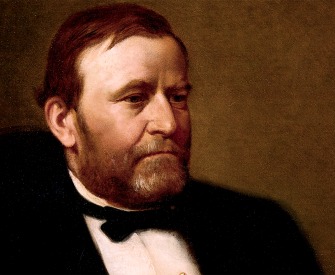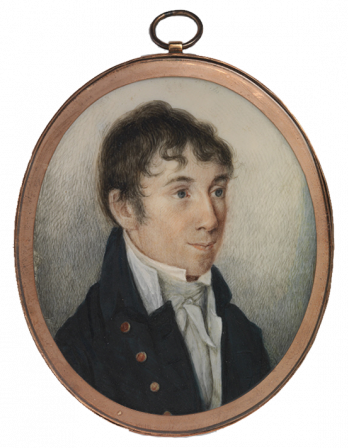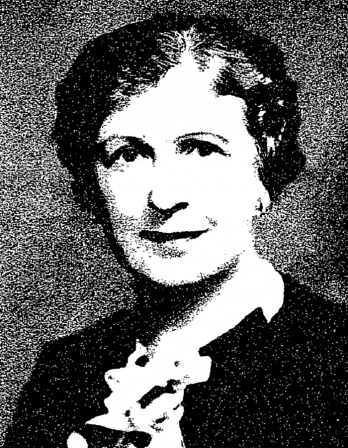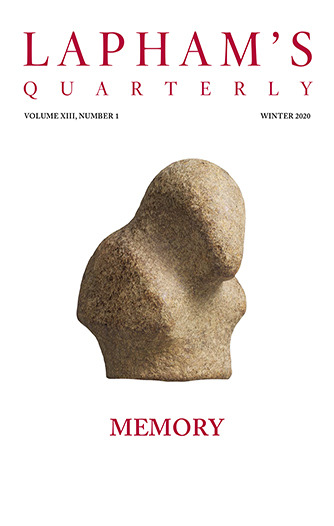What is the hardest task in the world? To think.
—Ralph Waldo Emerson, 1841Allow Me to Enlighten You
Alexander Crummell derides those who would blindfold souls.
For the first time in the history of this nation, the colored people of America have undertaken the difficult task of stimulating and fostering the genius of their race as a distinct and definite purpose. Other and many gatherings have been made during our own two and a half centuries’ residence on this continent for educational purposes, but ours is the first which endeavors to rise up to the plane of culture.
For my own part, I have no misgivings either with respect to the legitimacy, the timeliness, or the prospective success of our venture. The race in the brief period of a generation has been so fruitful in intellectual product that the time has come for a coalescence of powers, and for reciprocity alike in effort and appreciation. To me it is, I confess, a matter of rejoicing that we have, as a people, reached a point where we have a class of men who will come together for purposes so pure, so elevating, so beneficent, as the cultivation of mind, with the view of meeting the uses and the needs of our benighted people.
The cultured classes of our country have never interested themselves to stimulate the desires or aspirations of the mind of our race. They have left us terribly alone. Such stimulation must therefore, in the very nature of things, come from ourselves.
It presents a most singular phenomenon. Here was a people laden with the spoils of the centuries, bringing with them into this new land the culture of great empires and, withal, claiming the exalted name and grand heritage of Christians. By their own voluntary act, they placed right beside them a large population of another race of people, seized as captives and brought to their plantations from a distant continent. This other race was an unlettered, unenlightened, and a pagan people.
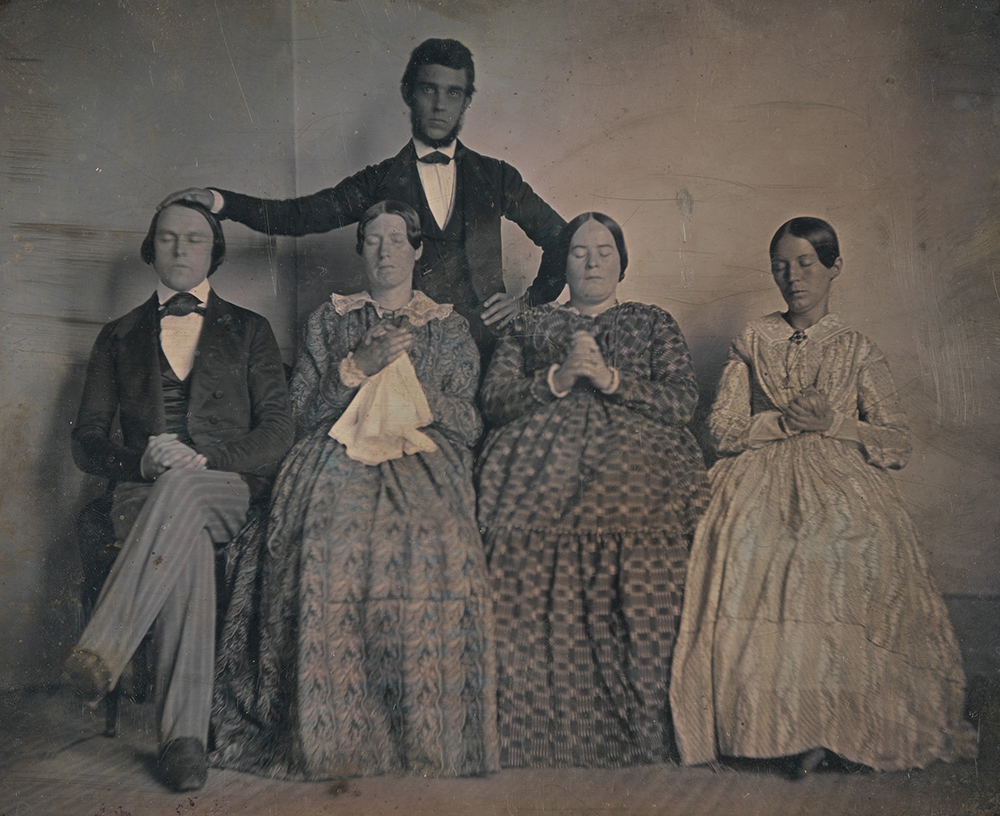
Hypnotist and his patients, c. 1845. Photograph by John Adams Whipple. © The Metropolitan Museum of Art, Gilman Collection, Gift of The Howard Gilman Foundation, 2005.
What was the attitude taken by this master race toward their benighted bondsmen? It was not simply that of indifference or neglect. There was nothing negative about it. They began at the first a systematic ignoring of the fact of intellect in this abased people. They undertook the process of darkening their minds.
“Put out the light, and then put out the light!” was their cry for centuries. There was no legal artifice conceivable which was not resorted to to blindfold their souls from the light of letters, and the church, in not a few cases, was the prime offender.
Then the legislatures of the several states enacted laws and statutes, closing the pages of every book printed to the eyes of Negroes, barring the doors of every schoolroom against them! And this was the systematized method of the intellect of the South, to stamp out the brains of the Negro! It was done, too, with the knowledge that the Negro had brainpower. There was then no denial that the Negro had intellect. That denial was an afterthought.
Besides, legislatures never pass laws forbidding the education of pigs, dogs, and horses. They pass such laws against the intellect of men. However, there was then, at the very beginning of the slave trade, everywhere in Europe the glintings forth of talent in great Negro geniuses—in Spain and Portugal, in France and Holland and England, and Phillis Wheatley and Banneker and Chavis and Peters were in evidence on American soil.
It is manifest, therefore, that the objective point in all this legislation was intellect—the intellect of the Negro! It was an effort to becloud and stamp out the intellect of the Negro!
The first phase of this attitude reached over from about 1700 to 1820—and as the result, almost Egyptian darkness fell upon the mind of the race throughout the whole land.
Following came a more infamous policy. It was the denial of intellectuality in the Negro, the assertion that he was not a human being, that he did not belong to the human race. This covered the period from 1820 to 1835, when Gliddon and Nott and others published their so-called physiological work to prove that the Negro was of a different species from the white man.
A distinguished illustration of this ignoble sentiment can be given. In the year 1833 or 1834, I was an errand boy in the antislavery office in New York City. On a certain occasion, I heard a conversation between the secretary and two eminent lawyers from Boston—Samuel E. Sewell and David Lee Child. They had been to Washington on some legal business. While at the Capitol, they happened to dine in the company of the great John C. Calhoun, then senator from South Carolina. It was a period of great ferment upon the question of slavery, states’ rights, and nullification, and consequently the Negro was the topic of conversation at the table. One of the utterances of Mr. Calhoun was to this effect—that if he could find a Negro who knew the Greek syntax, he would then believe that the Negro was a human being and should be treated as a man.
Just think of the crude asininity of even a great man! Mr. Calhoun went to Yale to study the Greek syntax and graduated there. His son went to Yale to study the Greek syntax and graduated there. His grandson in recent years went to Yale to learn the Greek syntax and graduated there. School and colleges were necessary for the Calhouns and all other white men to learn the Greek syntax.
And yet this great man knew that there was not a school nor a college in which a black boy could learn his ABCs. He knew that the law in all the Southern states forbade Negro instruction under the severest penalties. How then was the Negro to learn the Greek syntax? How then was he to evidence to Mr. Calhoun his human nature? Why, it is manifest that Mr. Calhoun expected the Greek syntax to grow in Negro brains by spontaneous generation!

Alexander Crummell
From “The Attitude of the American Mind Toward the Negro Intellect.” Born to a free woman and an escaped slave in New York City in 1819, Crummell studied at an integrated abolitionist school in New Hampshire until a lynch mob forced him and other black students out of town. He graduated from Cambridge University in 1853, then spent nearly two decades as an Episcopalian missionary in Liberia before returning to the United States. The year before his death in 1898, he founded the American Negro Academy, delivering this lecture as his inaugural address.

